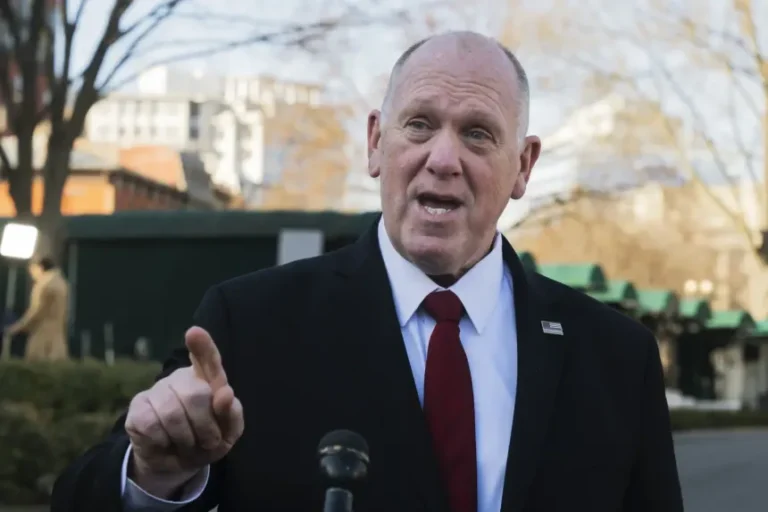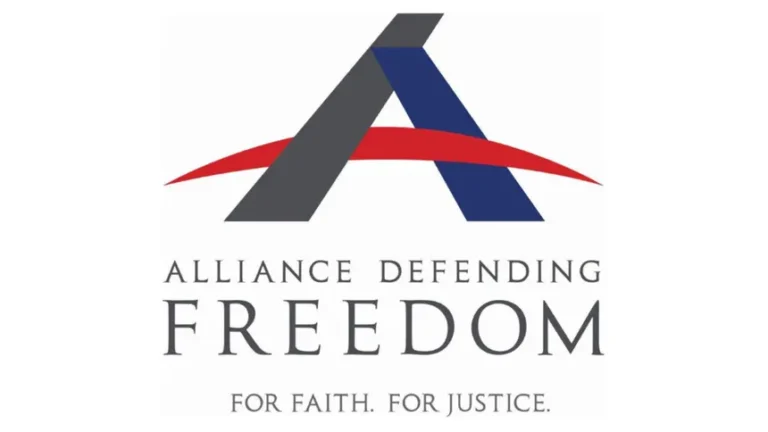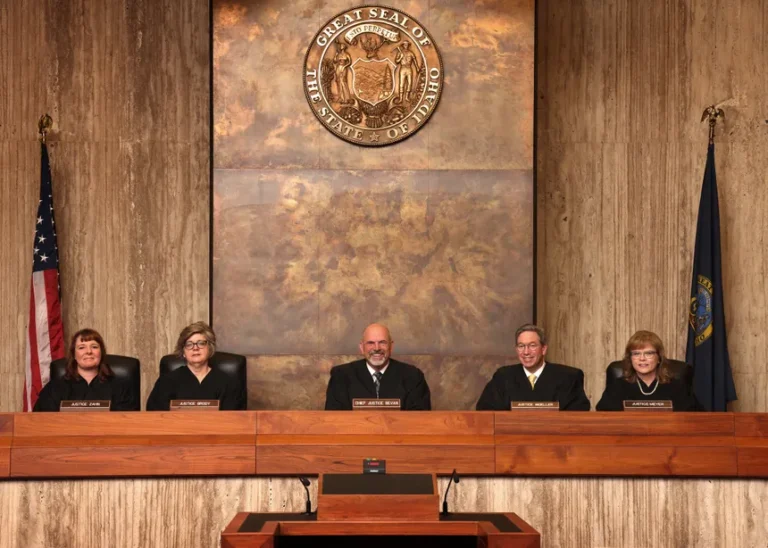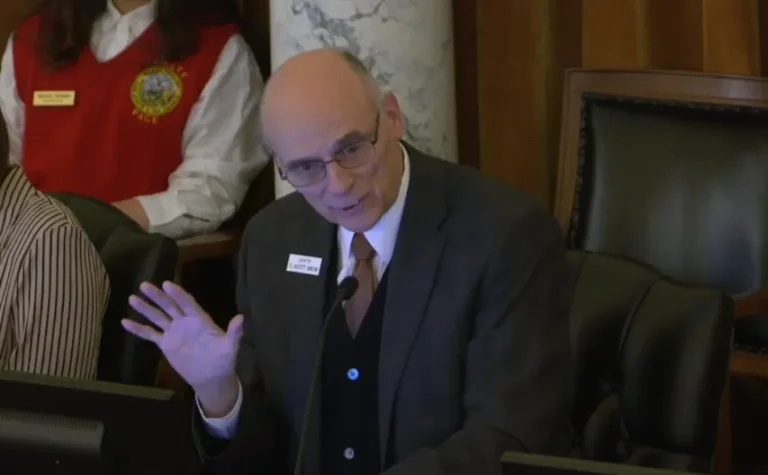
A Major Shift in U.S. Immigration Policy
President Donald Trump announced Friday that the U.S. will impose a $100,000 fee on new H-1B visa applications, a move intended to put American workers ahead of corporations dependent on foreign labor. The fee will apply in the upcoming lottery cycle, though it will not affect existing visa holders or those who already won spots in the 2025 lottery.
The policy marks the most forceful attempt yet by the administration to rein in employment-based immigration programs long dominated by Indian outsourcing firms and U.S. tech companies that recruit heavily from overseas.
Impact on Big Tech and Wall Street
The companies most affected are the largest employers of H-1B workers:
- Amazon employs over 14,000 visa holders.
- Microsoft, Meta, Apple, and Google each sponsor more than 4,000.
- Major financial institutions such as JPMorgan Chase also rely on imported labor.
In the hours following the announcement, corporate legal teams advised foreign workers not to leave the United States and warned that international travel could put their visa status at risk.
Ending Dependency on Foreign Labor
The Trump administration has made clear that the move is about restoring fairness for American workers. White House spokeswoman Taylor Rogers said the action was designed to prevent companies from “spamming the system and driving down wages.”
“This is about certainty for American businesses that truly need specialized skills,” Rogers said, “not about perpetuating abuse of the system by firms that undercut U.S. talent.”
The H-1B program has faced criticism for decades, with Indian outsourcing companies in particular accused of flooding applications to crowd out American applicants while paying lower wages. The $100,000 fee dramatically changes the math, making mass applications prohibitively expensive and pushing firms to hire domestically.
International Reaction
Foreign governments quickly reacted. India’s Ministry of External Affairs expressed concern over “humanitarian consequences” for families of visa holders but also admitted that industries in both nations have an interest in maintaining competitiveness. South Korea’s government also said it was reviewing the implications.
For many American workers, however, the policy is seen as long overdue—finally addressing the steady displacement of domestic talent in tech and finance.
What Comes Next
The new policy will be tested in the next lottery cycle. Companies will now have to weigh the cost of $100,000 per foreign hire against training or recruiting Americans at home.
For Trump, the announcement underscores his campaign promise: to put American workers first, protect wages, and reduce corporate reliance on mass foreign hiring pipelines dominated by India and China.
Related Coverage
- Idaho News – https://idahonews.co/idaho-news-3/
- National News – https://idahonews.co/national-news/





